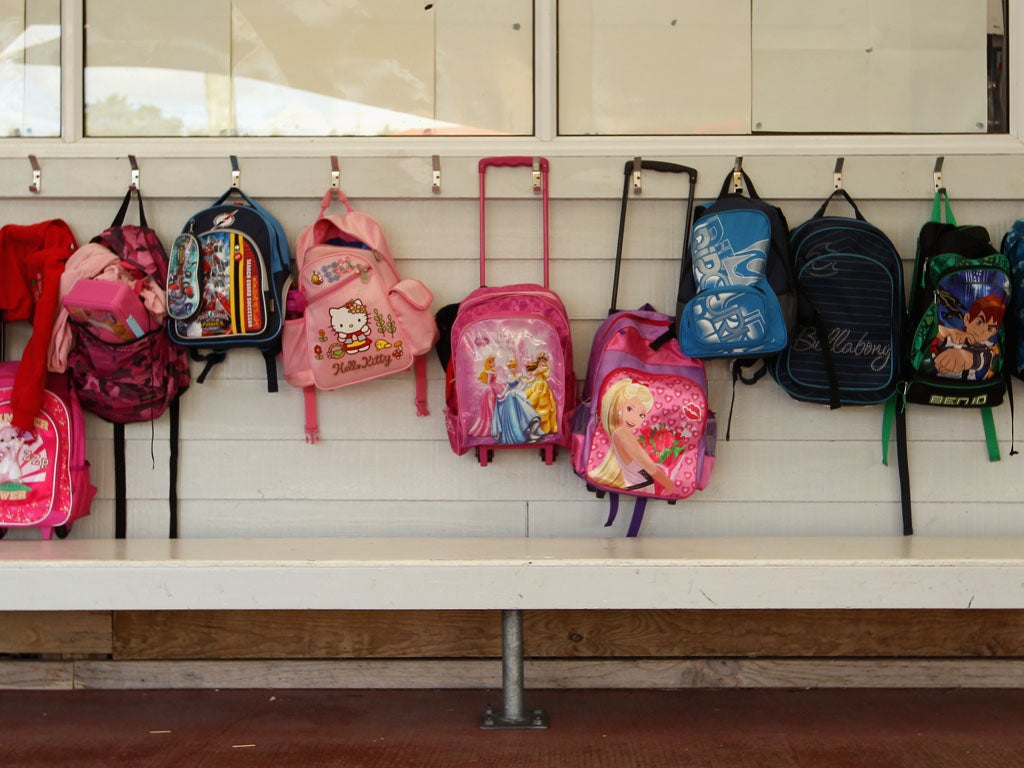Young people are struggling, but we need more than a nod from Government to acknowledge it
From pornography to skipping meals, too many children don't know where to turn when they need help and advice


Your support helps us to tell the story
From reproductive rights to climate change to Big Tech, The Independent is on the ground when the story is developing. Whether it's investigating the financials of Elon Musk's pro-Trump PAC or producing our latest documentary, 'The A Word', which shines a light on the American women fighting for reproductive rights, we know how important it is to parse out the facts from the messaging.
At such a critical moment in US history, we need reporters on the ground. Your donation allows us to keep sending journalists to speak to both sides of the story.
The Independent is trusted by Americans across the entire political spectrum. And unlike many other quality news outlets, we choose not to lock Americans out of our reporting and analysis with paywalls. We believe quality journalism should be available to everyone, paid for by those who can afford it.
Your support makes all the difference.Last week, David Cameron acknowledged that the culture of so-called 'sexting' and access to pornography among young people in Britain was problematic and needed to be addressed within a school environment. He concluded the statement, however, by saying that his comments weren't designed to 'open Pandora's box'.
I'm not entirely sure if this is a Coalition-specific issue, or whether politicians have always done this and I'm only just noticing, but there does seem to be a trend at present for appeasing voters by giving a brief nod of an acknowledgment of the challenges they face whilst doing bugger-all about it, in practical terms.
Unfortunately, as the study released today by mental health charity YoungMinds illustrated, while the government takes this tack and buries its head in the sand over the issues teenagers struggle with, our youth will bear potentially devastating consequences. Not only will they suffer mentally and emotionally, the rippling impact will affect their ability to reach their potential academically or to have the confidence to seek the kinds of jobs they are capable of and deserve, which in turn has consequences for the economy.
YoungMinds' study reveals half of 11 to 14 year olds in the UK are watching online pornography, with 4 in 10 telling us it has damaged their ability to form social relationships outside the web. Meanwhile, half of children and young adults are being bullied, 4 in 10 skip meals because of weight worries and a third don't know where to turn for help. This means either they are unaware of the facilities available to them or they aren't there in the first place.
As someone who regularly works in schools, I never cease to be amazed by the proportion of your average teacher's day that is spent addressing the pastoral challenges outlined above. This is in part owing to the increasing amount of pressure being put on school students, both by a target-driven, 'exam-factory' style education system and partly to the omnipresence of the internet, which exposes them to a constant barrage of stimulae, inappropriate content and the judgment of their peers. In this generation, teenagers who worry about being 'normal' now take to social networking sites to ask for validation, often being told they are fat, ugly, worthless and should kill themselves by trolls who get their jollies by inspiring suicidal thoughts in vulnerable people.
Whilst budgets for school counsellors and nurses in the state sector have been slashed, the burden falls upon usually unqualified teachers and parents to deal with the complicated consequences of our toxic culture, which include rising prevalence of eating disorders, self-harm and depression amongst the young.
The guidelines for sex education, which could provide a much-needed opportunity to discuss pornography and 'sexting', have not been updated for the past 50 years. State budgets for Personal, Health and Social Education are virtually non-existent. And in the meantime our Prime Minister is trying to keep the lid on 'Pandora's box' presumably because it's difficult, taboo and potentially embarrassing.
Ultimately, however unpalatable it might be to an obsessively cut-making government, what schools need is cash. Only a budget to provide resources which will give young people the resilience to navigate the world we have created for them will even begin to tackle this Goliath of an issue.
Join our commenting forum
Join thought-provoking conversations, follow other Independent readers and see their replies
Comments